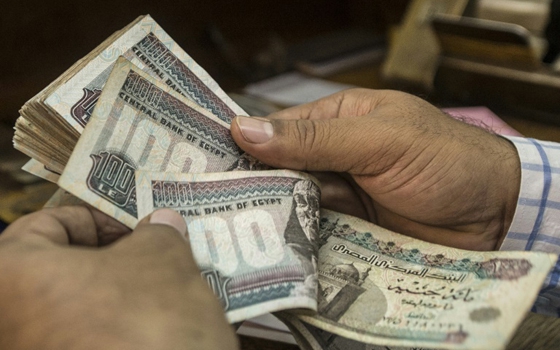Bloomberg said the lifting of restrictions imposed on the customers’ credit card purchases overseas is an indication that the foreign currency crisis is easing.
Egyptian banks imposed restrictions last year on the usage of credit cards. In a report on Wednesday, Bloomberg said these measures were considered to circumvent the official measures to promote the black market, which contributed to currency shortage.
The crisis began to ease in November, when the Central Bank of Egypt devalued the value of Egyptian pound and raised the interest rate, which helped secure a $12 billion loan from the International Monetary Fund, which opened the door for return of foreign investors.
Jason Tuvey, Middle East economist for London-based Capital Economics, said the decision is considered to be another sign that the foreign exchange rate issues “have finally been dealt with and started to fade.”
“We’ve seen a sharp increase in foreign-exchange reserves and there’s been a flow of dollars that was in the black market moving into the official banking system," Tuvey said.
The devaluation of Egyptian pound, according to Bloomberg, increased the inflation by more than 30 percent. The crisis made officials balance between stimulation of growth and curtailing
Al-Masry Al-Youm
12 May








































































